A group of experts leading the formulation of West Africa’s pioneer integrated agri-inputs strategy meet for the final round of discussions in Nigeria’s capital, Abuja, on Wednesday, February 06, 2020, towards the adoption by the ECOWAS Member States
For three days (February 6-8), the working groups made up of representatives of agricultural research institutions, private sector, policymakers, and development actors will review and validate the first of the strategy and action plan.
The integrated regional strategy for the sustainable management of agri-inputs has been warranted by generally low use of agri-inputs in West Africa resulting to the low productivity of the sector .
“As the population grows and fields shrink, farmers must produce more food on less land,” says Dr. Abdulai Jalloh, CORAF’s Director of Research and Innovation.
“Intensifying agricultural production under a changing climate requires using improved seeds and appropriated fertilizers.”
A significant novelty is that crop seeds, fertilizers, pesticides, feed concentrates for livestock, vaccines, and animal genetic materials are addressed in an interlinked manner in this strategy.
Once the plan is validated, it would be forwarded to ECOWAS member states for adoption.
Also read
- West Africaâs Strategy for the Integrated Management of Agri-Inputs Shapes Up
- Validating the Integrated Regional Agri-Input Strategy
- West Africa Getting Closer to an Agri-Inputs Plan
How we Got Here?
In 2006, the Heads of States and Governments of the Economic Commission of West African States (ECOWAS) adopted the Abuja Declaration aimed at increasing the level of inputs used in the region to 50kg/hectare by 2015. Five years after, this objective has not been achieved.
As a result, ECOWAS and the West African Economic and Monetary Union (WAEMU) determined it would be necessary to design a comprehensive and integrated regional strategy for the agri-input sector development in the Sub region. As a technical partner to both institutions, CORAF was mandated to coordinate the strategy formulation process.
The United States Agency for International Development (USAID) provides the financial support
A Task Force was set up to lead the process. It held its first meeting on June 10, 2019, in Dakar, Senegal, where it validated the methodology and roadmap.
A desk review of documents conducted alongside holding national consultative meetings in Conakry (Guinea), Ouagadougou (Burkina Faso), Abidjan (CÃīte dâIvoire), and Abuja (Nigeria).
The first draft of the strategy was reviewed and improved at the second Task Force meeting held in early November 2019, in Dakar, Senegal. West Africa is expected to experience a boost in productivity with the implementation of this strategy.
 English
English
 Français
Français 
